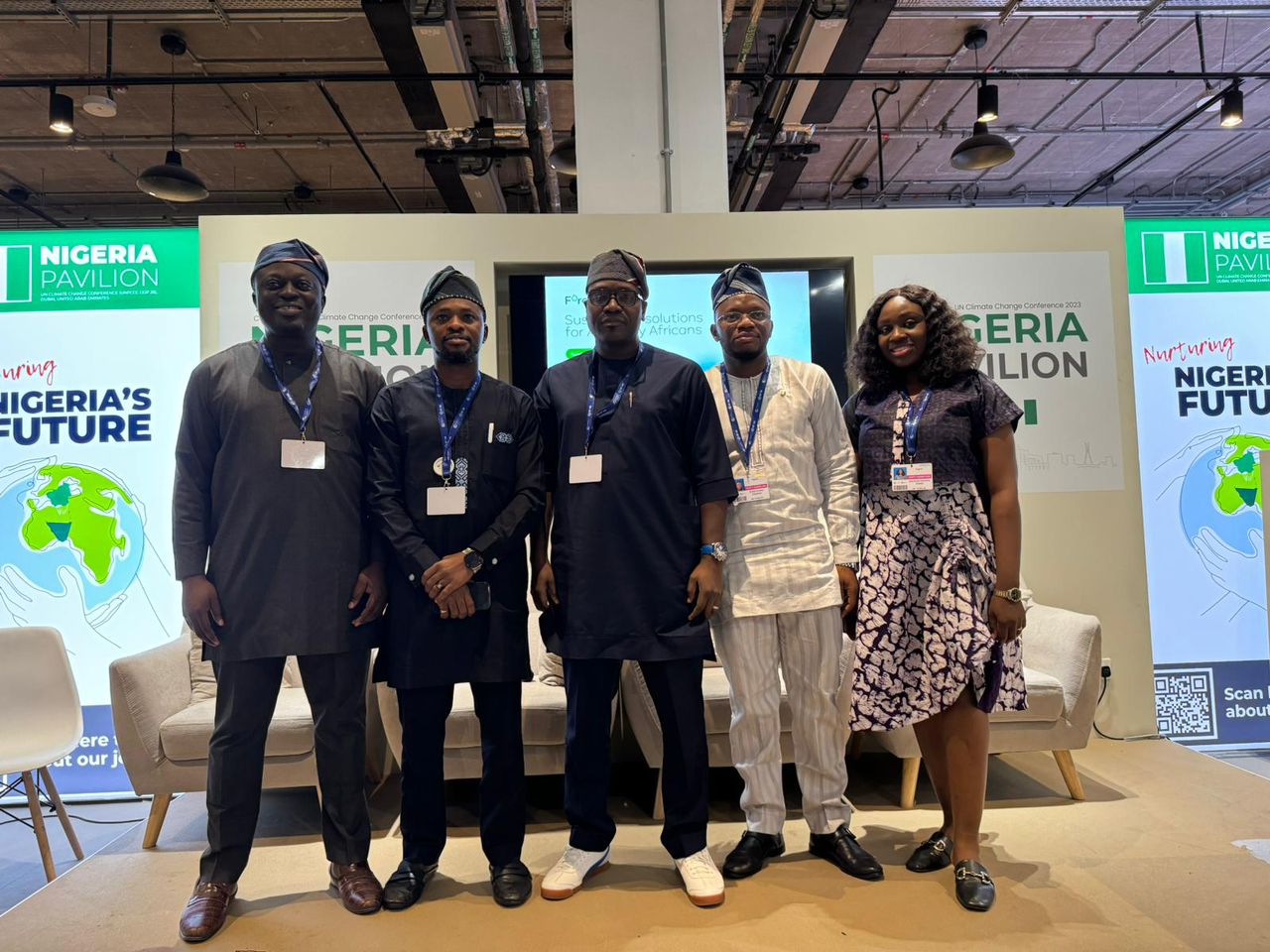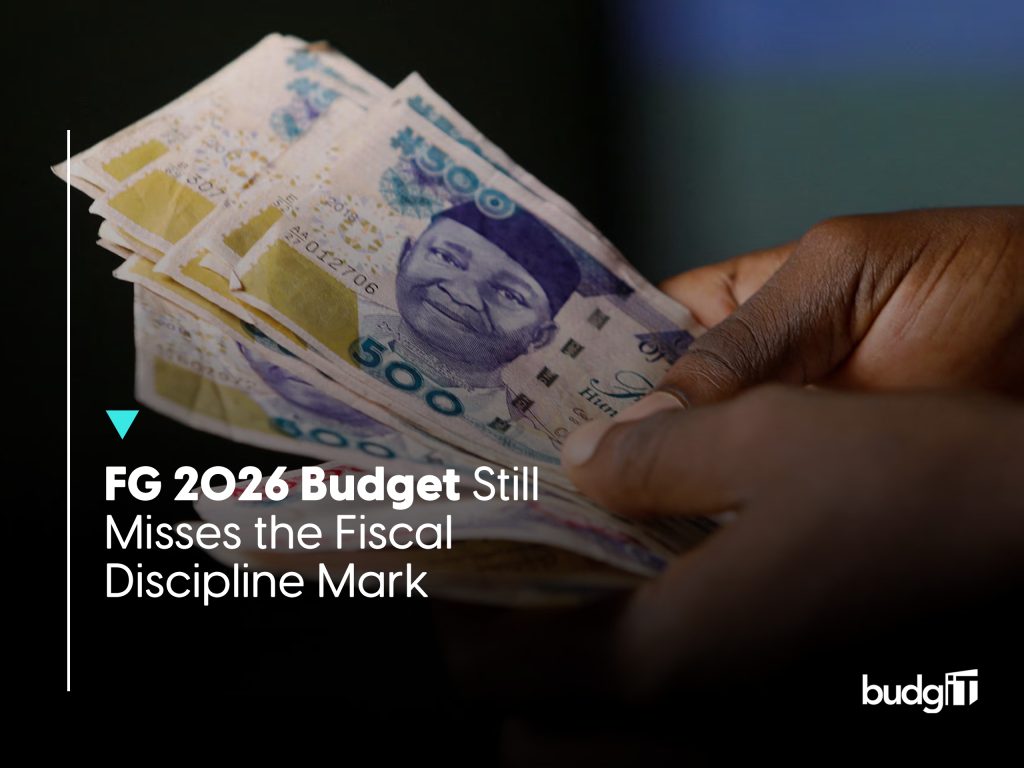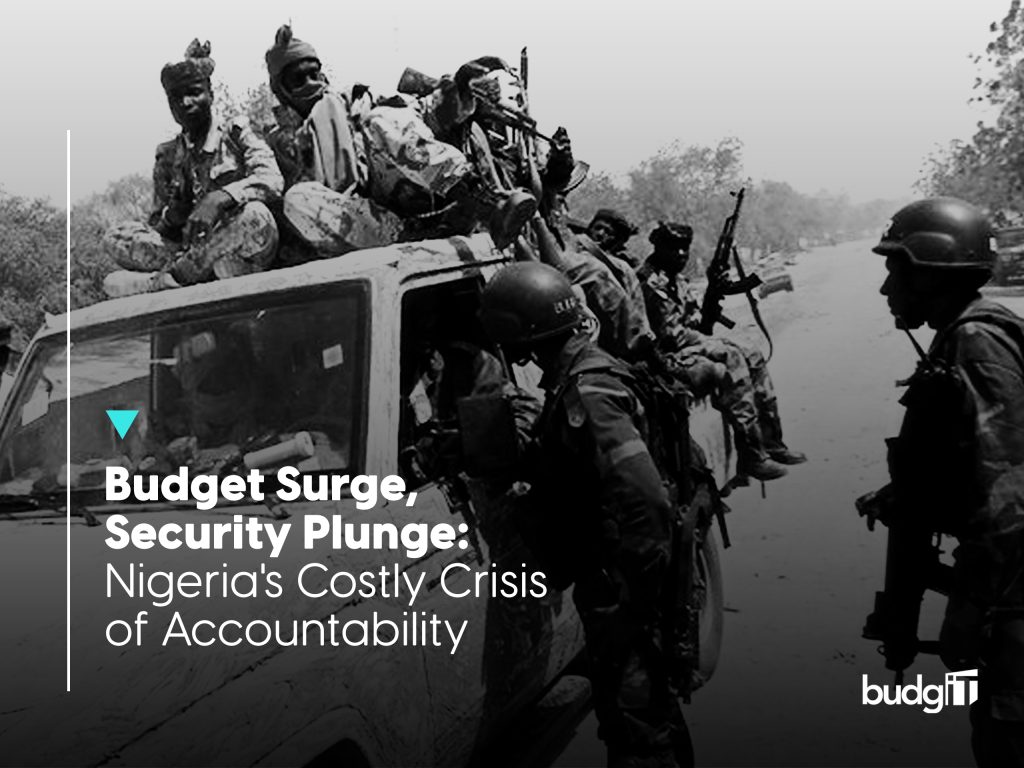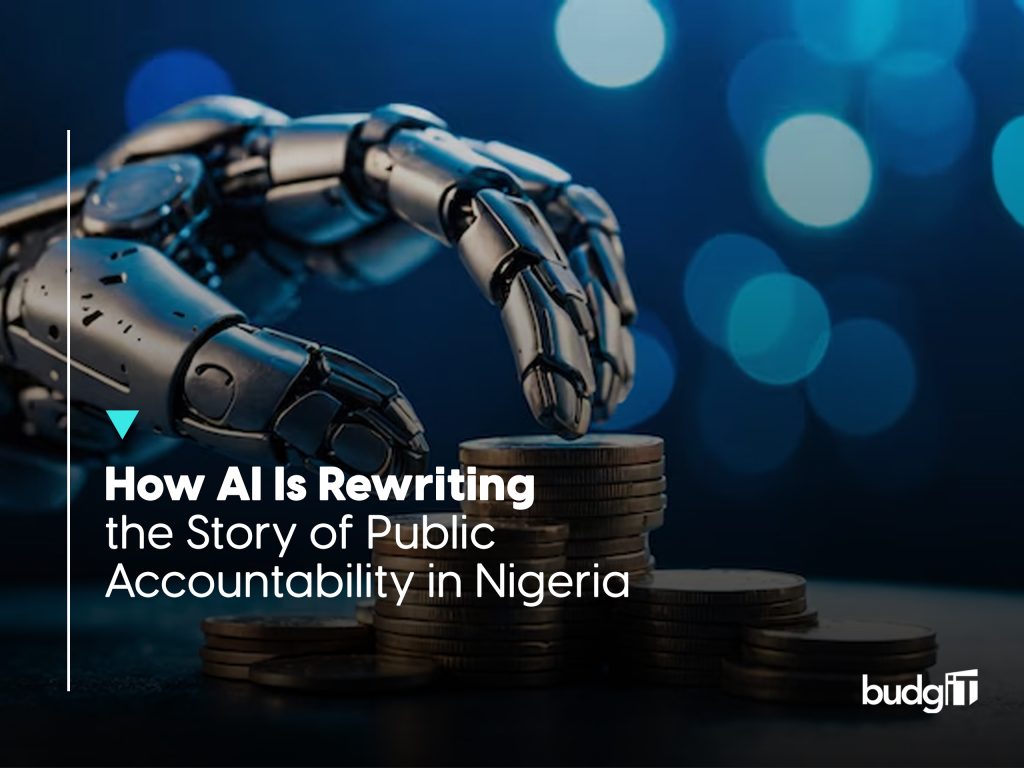In Nigeria, higher temperatures, variable rainfall, flooding, and other climate-related events have led to several deaths and displacements across the country. For instance, 600 lives were lost, and another 1.4 million people were displaced in 2022 due to floods. Added to this, several properties and farmlands worth millions were destroyed, aggravating food insecurity and infrastructure deficit. Meanwhile, desertification threatens available land for farming and livestock rearing, mostly in northern Nigeria, exacerbating resource conflicts between farmers and herders.
The experiences of countries like Nigeria, which have suffered at the expense of advanced economies, cannot but be central to the discussions on adaptation and mitigation measures against climate change. Developing countries like Nigeria, with limited capacity to tackle the effects of climate change, anticipate accessing financing and exploring partnerships at fora like the Conference of Parties (COP) to address the fallouts of climate change and help meet climate adaptation and mitigation targets.
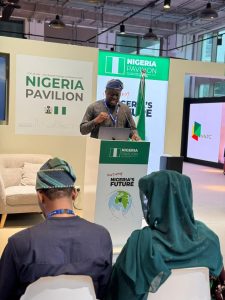 The 28th edition of the Conference of Parties (COP28) was held in November/December 2023 in the United Arab Emirates. Central to the conference was climate finance, and from day one, this was demonstrated by the adoption of the loss and damage fund. It is a historic milestone judging from its early and quick adoption. This marked the beginning of other achievements, including the ‘$30 billion Alterra climate fund’ and the ‘oil and gas decarbonisation charter.’ In addition, the conference provided opportunities for bilateral and multilateral agreements between various parties, including governments, development organisations, and private sector participants.
The 28th edition of the Conference of Parties (COP28) was held in November/December 2023 in the United Arab Emirates. Central to the conference was climate finance, and from day one, this was demonstrated by the adoption of the loss and damage fund. It is a historic milestone judging from its early and quick adoption. This marked the beginning of other achievements, including the ‘$30 billion Alterra climate fund’ and the ‘oil and gas decarbonisation charter.’ In addition, the conference provided opportunities for bilateral and multilateral agreements between various parties, including governments, development organisations, and private sector participants.
COP28 was the first time BudgIT participated in a climate change conference. This provided BudgIT with the opportunity to promote its advocacy for effective and efficient natural resource and climate governance at an international level. Through our regional presence in five countries in the West African region (Nigeria, Ghana, Sierra Leone, Liberia, and Senegal), BudgIT has learned that developing countries can gain a lot if they pull ideas and resources together to overcome common challenges and symbiotically leverage opportunities for optimum results.
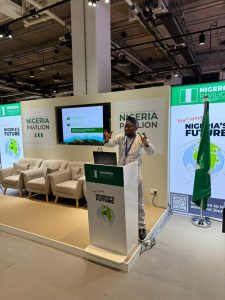
BudgIT’s panel session and presentations addressed energy transition, inclusivity, and financing opportunities in Africa. The session emphasised the need to contextualise and synergise Nigeria’s energy transition with National Development Plans. Similarly, representing and accommodating the needs of developing economies during the transition should be central to global transition initiatives. The session explored indigenous knowledge, community-based approaches, and innovations as solutions to transition challenges.
BudgIT also observed the launch of government climate-targeted policies such as the Long-Term Low Emission Development Strategy (LT-LEDS), which builds upon the country’s Nationally Determined Contributions (NDCs) and Energy Transition Plan (ETP) and the Nigerian Green Police Initiative. The Federal Ministry of Budget and Economic Planning drew attention to integrating NDCs into development planning and budgeting at federal and subnational levels.
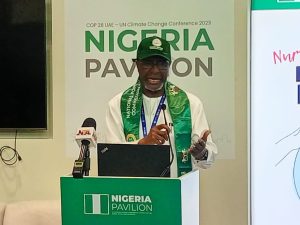
While the conference celebrated the progress in global-scale climate financing, Nigeria also had some noteworthy takeaways. These include agreements and a Memorandum of Understanding (MoU) to drive projects to meet climate goals. For instance, the National Rural Electrification Agency (REA) and the National Agency For Science and Engineering Infrastructure (NASENI) signed an MoU with Shenzhen Technology Development Company, China, for a $150 million Lithium Battery Factory. The Federal Government of Nigeria sealed its performance agreement on implementing the Presidential Power Initiative (PPI) with Siemens Energy, Germany.
At the subnational level, OANDO Petroleum and Cross River State signed an MoU on Renewable Energy (Wind) development, while Lagos State attracted deals focused on waste management and energy conversion. The NNPCL, in a similar fashion, secured deals to increase LNG’s commercialisation for domestic and international markets. The federal government also used the platform to announce upcoming initiatives such as the Nigerian Carbon Market Activation and the Nigeria Electric Bus Program.
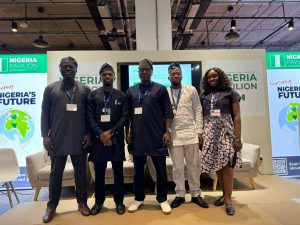
COP28 highlighted the progression of previous efforts in addressing climate change while marking the kickoff point for new ones. These imply that additional efforts are needed to monitor the implementation of the several MoUs and agreements at international, national, and subnational levels. BudgIT, as usual, remains committed to fostering transparency and accountability, especially in matters involving the commonwealth of people, communities, and nations. BudgIT is investing in programs that will appraise the implementation of climate projects for effectiveness, efficiency, and accountability. Such programs and steps are expected to help shape how climate change interventions are conceptualised and executed.
